During adolescence, friendships are an important part of our lives, as we confide in our friends rather than our parents and spend more time with them. Friends are also very influential during our youth, as most seek approval from others and want to fit in, which are two main reasons that encourage us to choose our friends carefully and nurture healthy friendships. In this article, we explore the traits we want our friendships to have and the traits we wouldn’t.
Important traits needed in friendship:
1. Trust
Trust has different meanings to different people, and having a clear understanding of what it means can help you build trust in those around you. Some associate trust with the words dependability, trustworthiness and honesty. Trust is an essential element necessary for friendship.
So think of trust as a building block of the foundation of a home. Without this block, the whole house could collapse, and in this case, the house represents friendship. At the beginning of a friendship, there are various ways to build trust. One of those ways is to be reliable: don’t ghost your friends. Call them regularly, reply to their texts and be there for them. Having a friendship without trust is like driving a car with the ignition off. It won’t get you anywhere.
2. Loyalty
Loyalty is constancy. It’s being with people through their losses and their gains. It makes the bond between people stronger, strengthens and builds relationships. So we have established that trust is fundamental. Another of these fundamental blocks is loyalty. Wouldn’t we like to live in a house with a shaky foundation, knowing it could crumble at any moment? So we need to make sure that the blocks used to build the foundation are solid. You and your friend must have unwavering trust and loyalty to each other because without trust and loyalty there is no friendship. It should also be understood that your allegiance to your friend should not compromise who you are as a person and your morals.
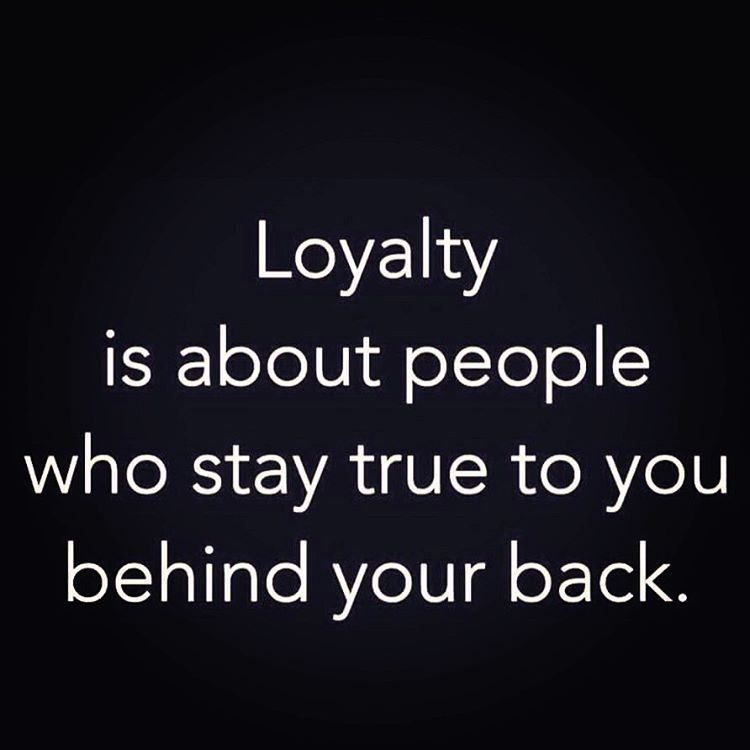
3. Honesty
In all friendships, honesty is a must. Honesty is one of the ways people judge you for who you are. It encourages bonding and establishes loyalty. I was in a friendship where we weren’t honest with each other, which now, in hindsight, among other factors, has led to us not being friends anymore.
In friendships, you should feel comfortable enough to honestly express your opinions and feelings, which is where the next point comes in.
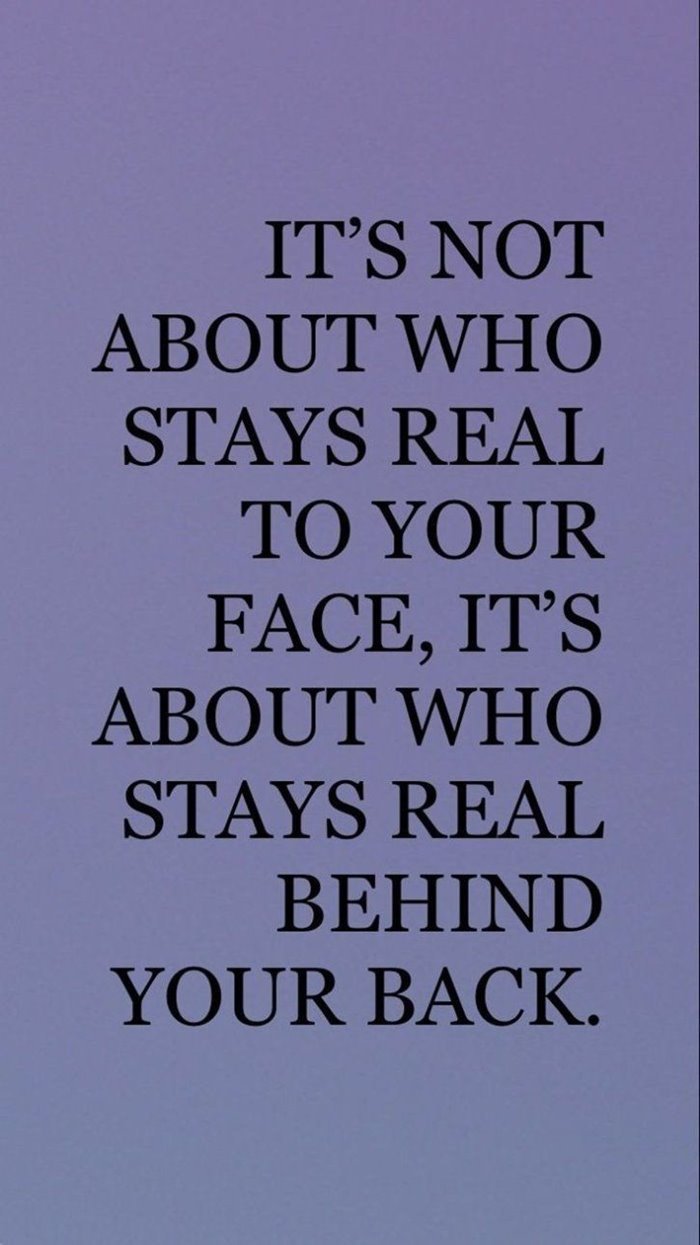
4. Respect
I define respect as accepting people as they are, without trying to change them or shape them into a representation of who you want them to be. This means considering your friend’s beliefs and opinions, even if you don’t necessarily agree with them. Respect is very valuable in friendships because it means you recognize and accept that person for who they are. This builds trust and creates a sense of security, which encourages honesty.
A few ways to help determine if there is respect in your friendship is to ask the following questions:
- Do we feel safe and comfortable with each other?
- When you argue, do you yell at each other or listen to each other?
- Are we free to be ourselves with each other?
- Do we control the choices of the other?
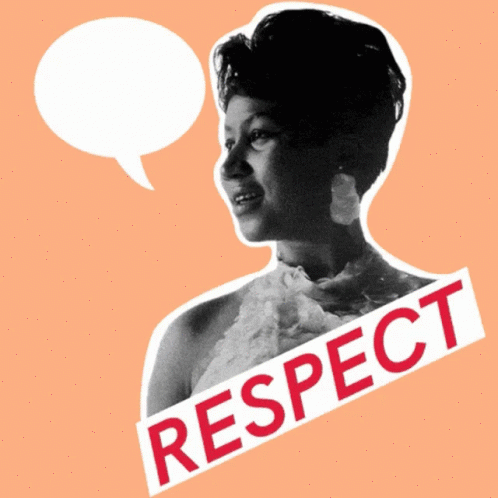 5. Communications
5. Communications
Most of us knew these two friends from elementary school who stuck to each other like glue. They were always together, shared lunches, had friendship bracelets and matching outfits on Citizenship Day. We all thought their friendship would last forever, but they didn’t make it past their freshman year of high school. Why? There are different answers to this question, but the most common is miscommunication, which is caused by several factors, such as changes in common interests. You don’t like the same things anymore. Consequently, you have nothing more to say, which leads to short dry conversations and eventually no conversation at all.
In friendships, you and your friends should be able to talk to each other. Your conversations can range from deep topics like your fear of failure to lighthearted topics like why you think Jeremy and Anna were one of the best couples in The Vampire Diaries.
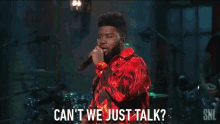
Now let’s move on to the traits we wouldn’t want to find in a friendship.

Traits we wouldn’t want to find in friendships:
1. Jealousy
When jealousy is present in a friendship, there is bound to be some negativity because a person’s jealousy can cause them to do horrible things and could cost them their friends.
Everyone gets jealous sometimes, which is normal, but it becomes destructive when you can’t see past your jealousy, and it ends up clouding your decision-making. It can also lead to the destruction of friendships because when people are jealous they become competitive and lose sight of their love and care for each other.
Now imagine that you are friends with someone you are jealous of. You will spend most of your time constantly trying to outdo the person. Let’s say your friend auditioned for a role in the school play. You will also audition, even if you are not interested in acting. Why? Simply because you can’t stand that your friend is better than you.
Here are some signs that your friends might be jealous of you: 1) They greet your good news with negativity. 2) They are always trying to outdo or outdo you. 3) They have a hard time celebrating your accomplishments.

2. Judgment
In any type of relationship, especially friendships, people should be free to be themselves. When a friend constantly judges his friends based on their choices, he is not a good friend because he makes his other friends feel insecure and doubt themselves.
When there is judgment in a friendship, you or your friend might constantly be afraid, to be honest, since you have always been judged or have been judged. Please don’t confuse the day-to-day judgment that your friend doesn’t have your best interests at heart with the occasional opinion of your friend that is to your advantage.
Always remember that friendships should be a safe environment.

3. More possessive
Being overly possessive of people can stem from a fear of losing that person or a person’s insecurities. Contrary to the belief that this only happens in relationships, it can also happen in friendships.
Some people might confuse being overly possessive with being protective. Being overly possessive is feeling like the person belongs to you. Signs of an overly possessive friend can include them: constantly spamming your phone when you go out with other friends, stopping you from having other friends (they might even try to emotionally blackmail you into being your only friend) and be very clingy.
Being protective is simply watching over your friends and wanting the best for them. Signs of a protective friend include: When you go out with other friends, they don’t blast your phone with texts every minute, but send a text or two to check on you, and they allow you to be a independent person.

4. Competition
Don’t get me wrong, a little competition is healthy, but a lot of competition can be disastrous. An occasional friendly match can be good for friends. It helps motivate people, drives them to reach their maximum potential, creates memories and provides entertainment. Although when you base a friendship on trying to be better than your friend, it’s not healthy for your self-esteem. A friend who constantly loses will often feel deflated and sad. If the friend who wins all the time is the one who suggests constant competition, he might find pleasure or satisfaction in your failures. You also can’t help but feel ashamed when someone who is supposed to support you takes pleasure in your flaws.
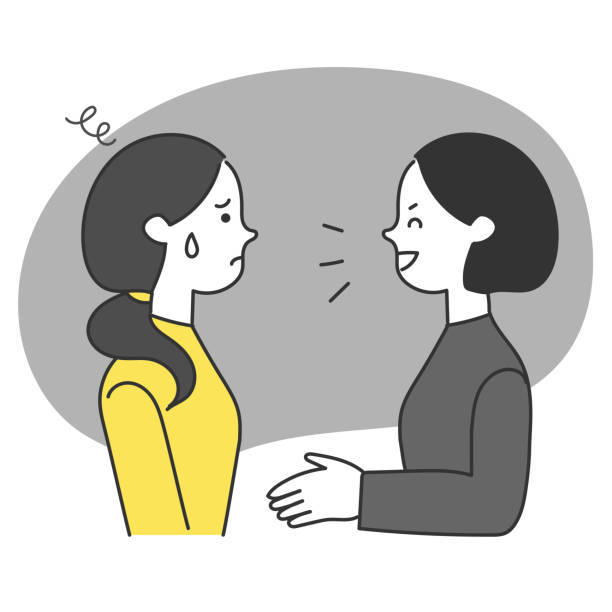
Take note of how you feel after hanging out with a friend. If you constantly feel inferior and frustrated, it might be time to break up with that person. I recommend reading this insightful article on why friendship shouldn’t be competitive.
https://medium.com/swlh/friendship-shouldnt-be-a-competitive-sport-1e0422e1cf7c
5. One side
It’s like you’re on a friendship with yourself, and your friend doesn’t try as hard as you do, and he doesn’t like you as much as you do. In a one-sided friendship: the communication, the organization of outings and the efforts are all the responsibility of one person. This person only comes to you when they need something. Sometimes this can be caused by a lack of communication. You can try talking to your friend about how you feel (this is where honesty comes in). If the situation isn’t improving or you don’t see any effort, you’re probably in a friendship to One Way.
Here are some signs that indicate you are in a one-sided friendship:
- They don’t open. You’re the one who’s always vulnerable and constantly baring your soul, but they don’t reciprocate.
- They cannot be counted on because they regularly cancel plans and do not come to many events.
- Their behavior follows a regular pattern. For example, you invite them somewhere, they don’t show up and apologize. Rinse and repeat. Yes, ok, sometimes a person leans on others a little more due to circumstances, but that’s friendship. Although when they fail to reciprocate, especially when needed, they may not have your best interests at heart.
- Rinse and repeat. Yeah okay, sometimes a person leans a little more on others due to circumstances, but that’s friendship. Although when they fail to reciprocate, especially when needed, they may not have your best interests at heart.
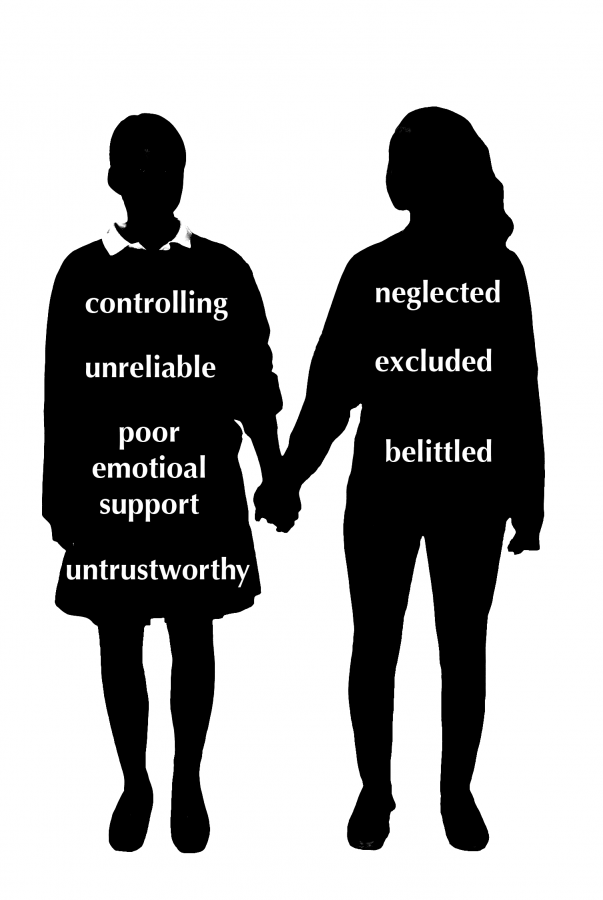
Friends are a person’s support system, and everyone deserves a strong support system. Friends add color to life and help you discover who you are! Friends provide comfort, laughter, love and more! Friends are our chosen family. article!






